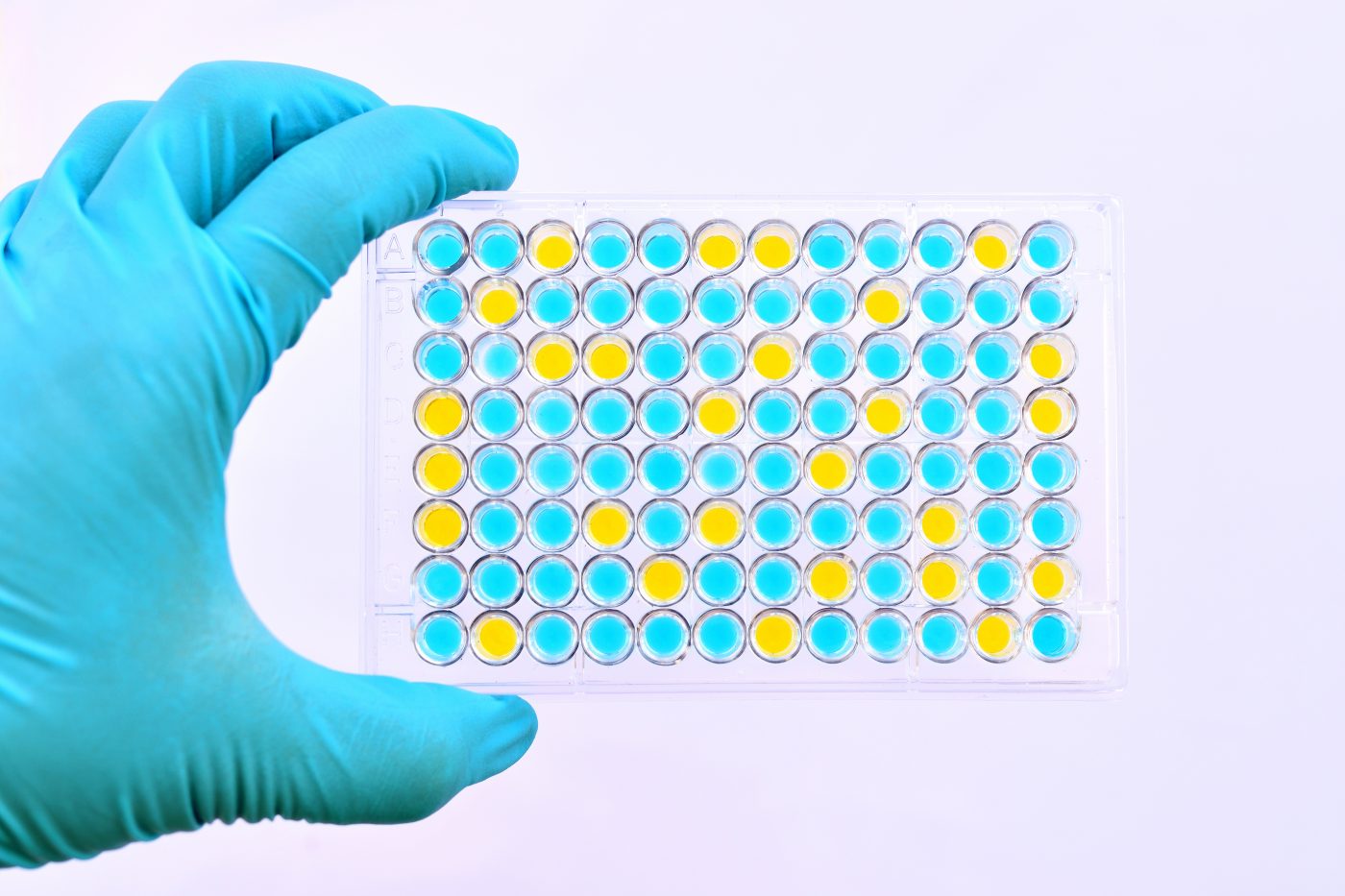Simple Blood Test Predicts Lupus Nephritis Flare-ups in SLE, According to Study

A new, simple blood test was found to be a good predictor of lupus nephritis (LN) relapses. LN is a kidney disease that is one of the complications of lupus. The test was also used to evaluate disease activity levels in systemic lupus erythematosus (SLE).
The study, “Plasma C4d as marker for lupus nephritis in systemic lupus erythematosus,” was published in the journal Arthritis Research & Therapy.
The test measures the levels of a marker protein called Cd4 in blood samples. The researchers first compared Cd4 blood levels in 98 lupus patients to the blood levels in 77 healthy volunteers. They found significantly higher levels in lupus patients. They also found that Cd4 testing could distinguish low disease activity from high disease activity in 68 percent of cases.
In the study, the results of the Cd4 blood test were compared to modified Systemic Lupus Erythematosus Disease Activity Index (mSLEDAI) scores to evaluate their accuracy. The mSLEDAI is a measure of lupus disease severity based on 24 different items from clinical evaluations and laboratory tests. It is an exhaustive scoring system used mainly for research purposes and drug testing, not in routine medical examinations.
There were 69 patients who were tested multiple times over a period of up to five years to monitor fluctuations in disease activity and compare them with Cd4 test results.
Higher C4d levels in the blood test and higher disease activity levels were found in 62 patients. There was no difference in Cd4 levels in seven patients when disease activity was high or low, and 29 patients exhibited lower levels of Cd4 when disease activity was high. Overall, this made the Cd4 test at least as accurate as other existing tests, such as the C3 and C4 tests, two other kinds of blood tests for detecting active disease.
Also, when high Cd4 levels coincided with the presence of anti-dsDNA autoantibodies (an antibody test used to diagnose lupus), the results predicted future lupus nephritis. In addition, Cd4 tests alone could predict future LN flare-ups in lupus patients who had already had LN in the past.
The authors pointed out that the ability of Cd4 testing to predict recurrence of flare-ups of kidney disease makes it a useful test for managing patients and making medication adjustments in time to control kidney involvement.
“In summary, measuring C4d levels using our robust and practical assay provides a novel method of monitoring SLE activity that is at least as good as C3 and superior to C4 in identifying active disease and in particular LN,” the team concluded. “Most importantly, C4d levels are more valuable than either C3 or C4 in predicting recurrence of renal flares, aiding clinicians in adjusting treatment in time.”





